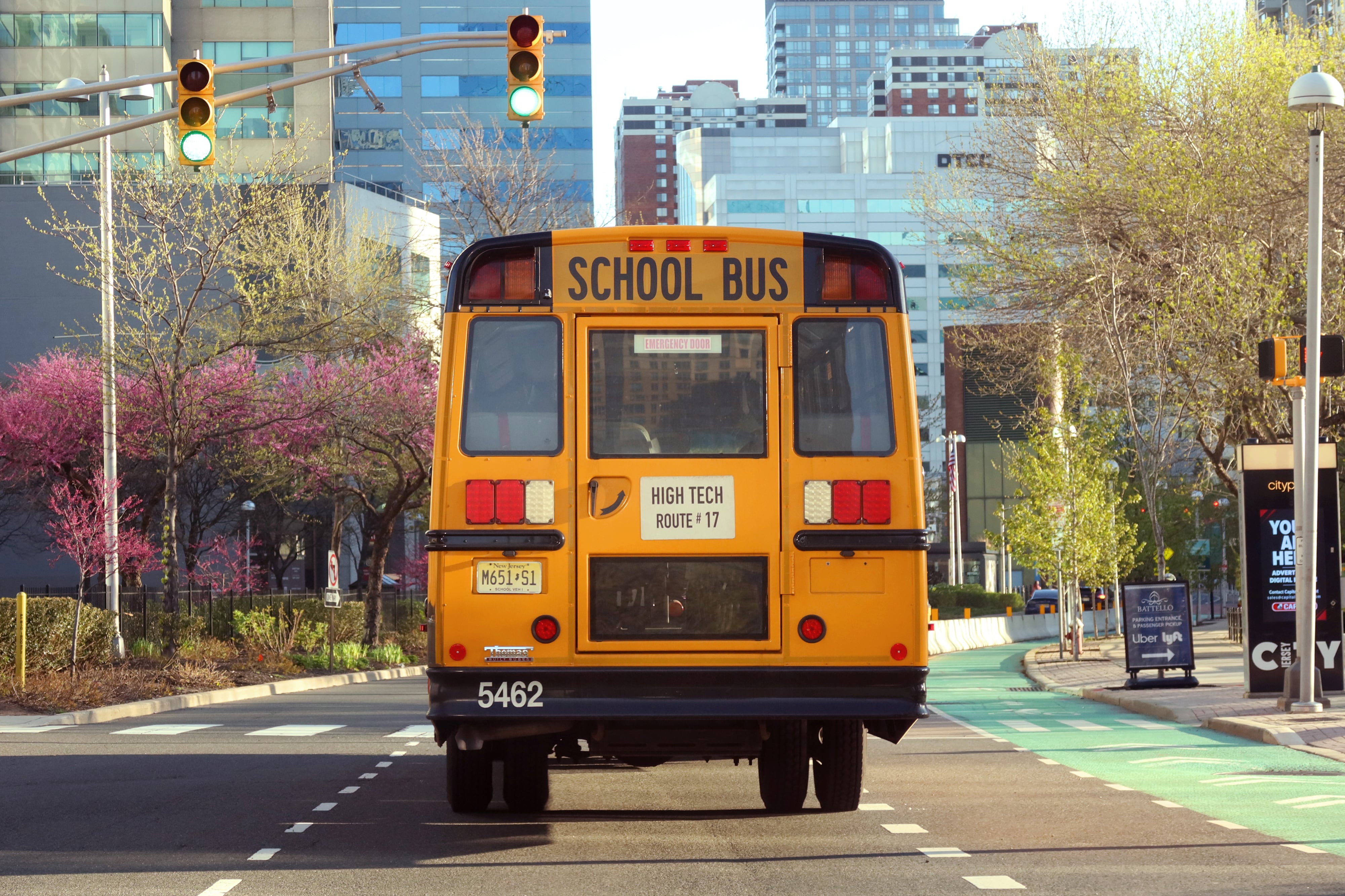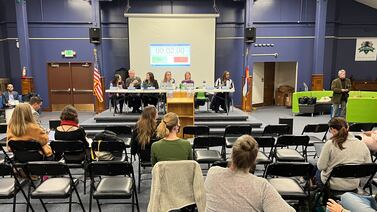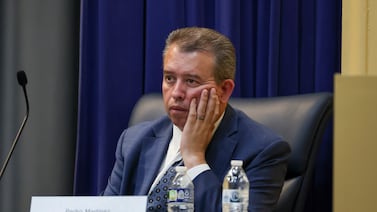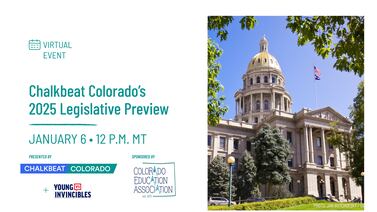Sign up for Chalkbeat Newark’s free newsletter to keep up with the city’s public school system.
Earlier this school year, Newark Board of Education co-vice president Allison James-Frison said she saw crowded New Jersey Transit buses passing Newark students waiting at bus stops long after they were supposed to be in class.
Her own daughter was tardy three times in September because the buses were full and drove past her in the morning, she recently told the school board.
James-Frison is not alone. Maggie Freeman, another Newark parent, said she drove her son and his friends to school one morning because NJ Transit buses were late and full.
Newark Public Schools partners with NJ Transit to provide single-use bus tickets and monthly passes to more than 14,000 of Newark’s nearly 40,000 students, according to statistics from the 2022-23 school year. Students are eligible for bus tickets based on a number of factors, such as distance from school and a student’s needs.
In recent months, NJ Transit has been criticized by riders over delays to their bus and train services. But some parents wonder if traffic and transit challenges have been exacerbated this year by a new universal schedule that requires all of the district’s students to be at school by 8:15 a.m.
While it’s unclear if absences or tardy students have increased, the district has noticed the overcrowding and is in conversation with NJ Transit about the issues – the latest in ongoing transportation woes that have plagued the district since the pandemic and as student enrollment has grown.
During the September school board meeting, James-Frison said she wasn’t sure if the fact that “everyone is going to school at the same time” is affecting student commutes but she believes the district “will see an increase in tardiness.”
“When I’m riding through the community, there are a bunch of students that are still waiting at 9:00, 9:30, waiting to get on the bus, because the buses are passing them by. They have the sign on saying it’s full,” James-Frison added.
Newark Public Schools reports monthly attendance data during its school board meetings but it does not report on student tardiness. Attendance data for September 2024 has not been released.
But district transportation inspectors have noticed crowded buses passing students in the mornings. They are in conversation with NJ Transit to fix the problems and will continue to report their findings to the agency, according to district communications director Paul Brubaker.
NJ Transit did not respond to questions about its conversations with the district following complaints.
The public busing complaints come as Newark Public Schools faces rising demand due to increased enrollment and soaring costs. The district also has a history of struggling with bus transportation, a problem heightened by a shortage of school bus drivers that peaked during the pandemic. In previous years, parents of students with disabilities have also had to absorb transportation costs by relying on NJ Transit and Lyft after being left without district-provided transportation at the start of the school year.
Newark’s transportation challenges are similar to problems across other New Jersey districts that have been forced to consolidate bus stops and charge parents for bus services.
Under New Jersey law, the district is required to provide transportation to and from school for elementary school students who live more than two miles from their public school or high school students who live more than two and a half miles from their school.
Overall, the district is spending $60 million on student transportation for the 2024-25 school year, according to Brubaker. The cost includes monthly bus passes and tickets, as well as transportation for athletic teams to sporting events, for students going on field trips, and for students with disabilities. Additionally, the district provides $7 million to charter schools to cover transportation costs for those students as part of the district’s $401 million payment to charter schools, according to this school year’s budget.
The state gave Newark $8.5 million to cover transportation costs this school year, with the rest being paid through the district’s local and general fund, according to Brubaker.
For her part, Freeman emailed NJ Transit requesting more buses on the 99 bus line, a popular route for Newark students to get to city schools, after she had to drive her son, Javon, and his friends to their schools when an overcrowded bus passed them by.
“They were standing there. If I did not take them to school, they would have been late. And they weren’t the only ones,” Freeman added.
In response to Freeman’s email, NJ Transit said they added two additional buses to the 99 route in the mornings and one additional bus in the afternoon peak, according to a copy of the email reviewed by Chalkbeat Newark.
A longtime resident, Freeman believes local traffic and road closures are causing more congestion across the city, making more difficult commutes for students across neighborhoods.
“The district can help advocate for more buses on New Jersey Transit but then it’s like the state has to get involved to help with easing the traffic issues. It’s so many different entities that have to be involved with the plan for moving people in the city,” Freeman said.
Jessie Gómez is a reporter for Chalkbeat Newark, covering public education in the city. Contact Jessie at jgomez@chalkbeat.org.







